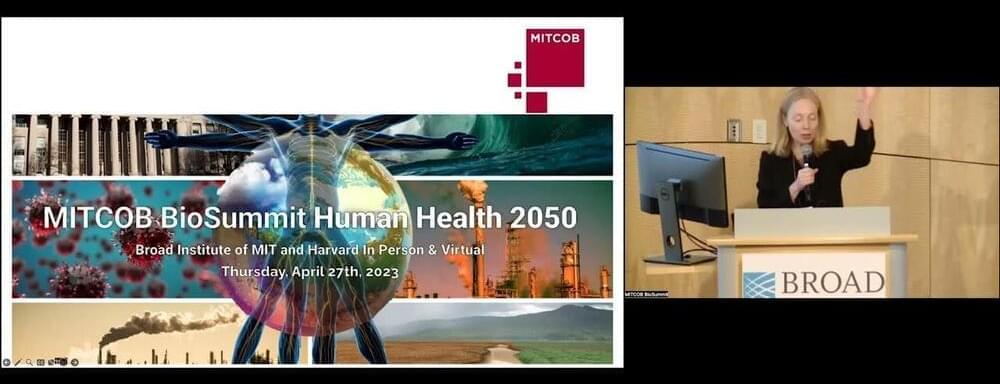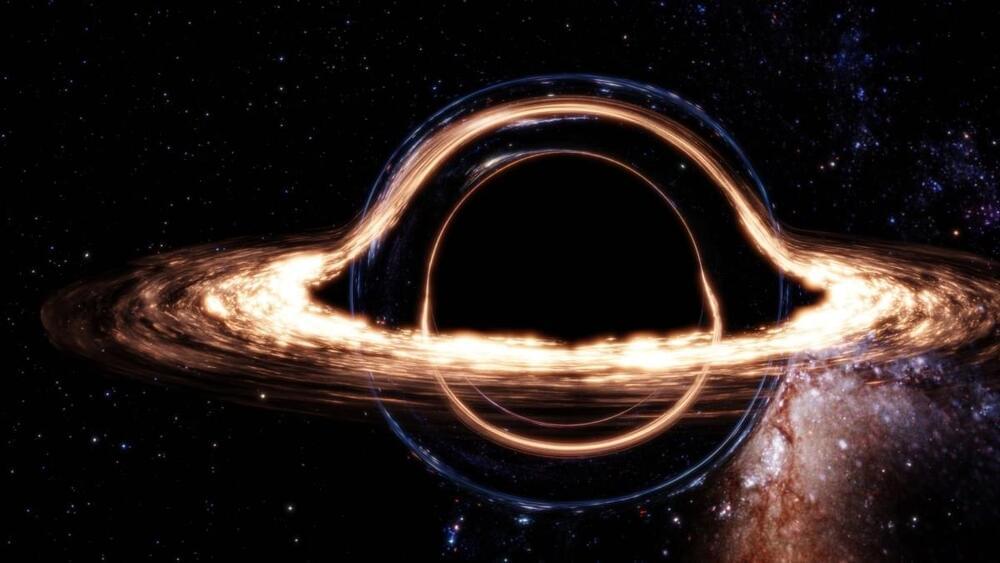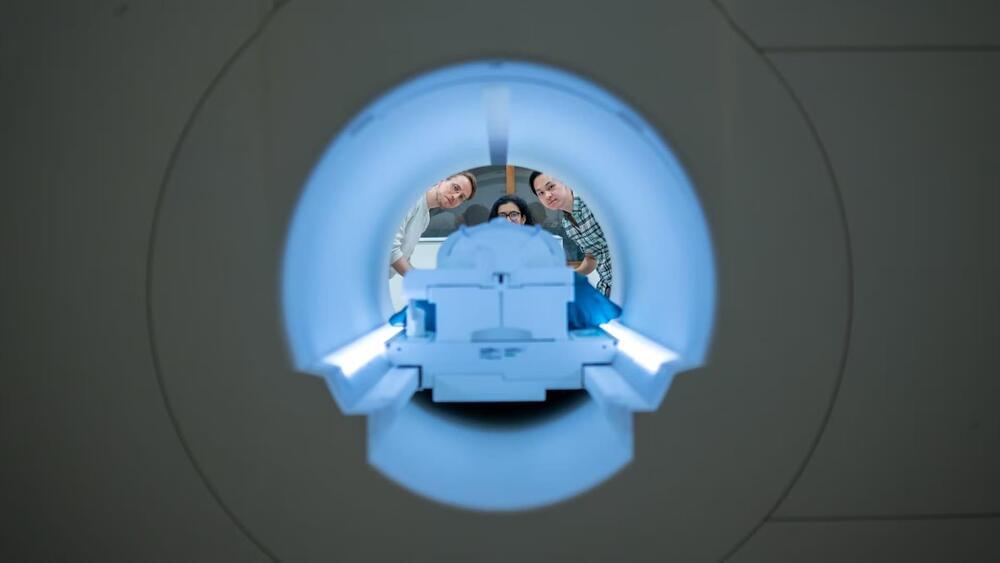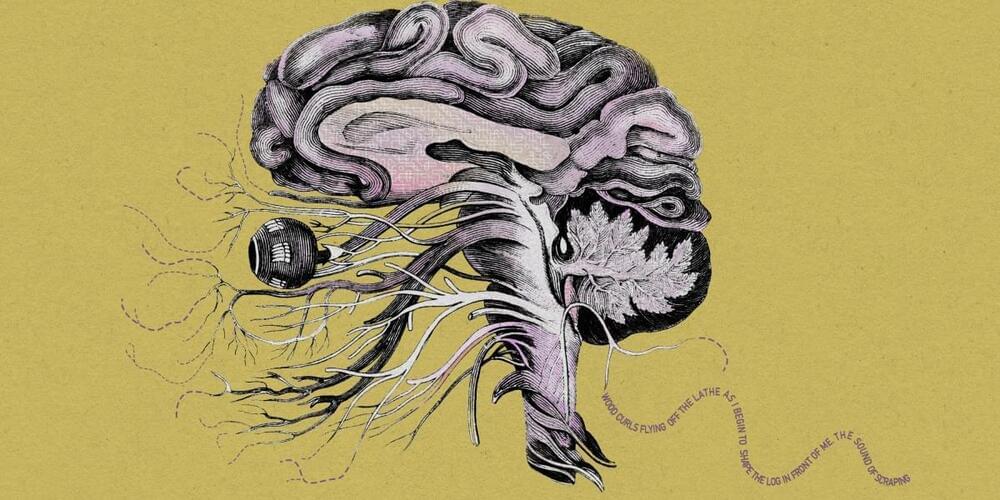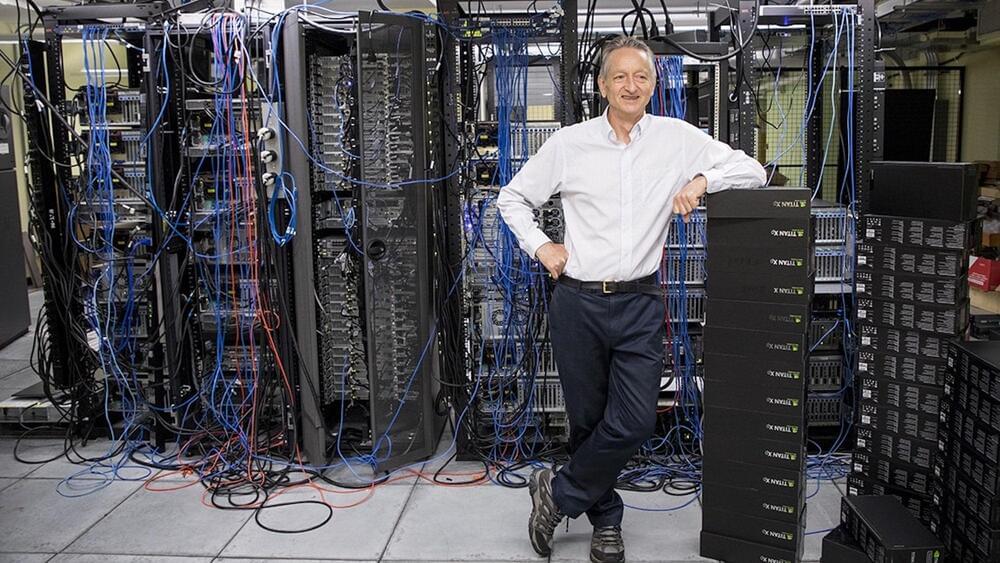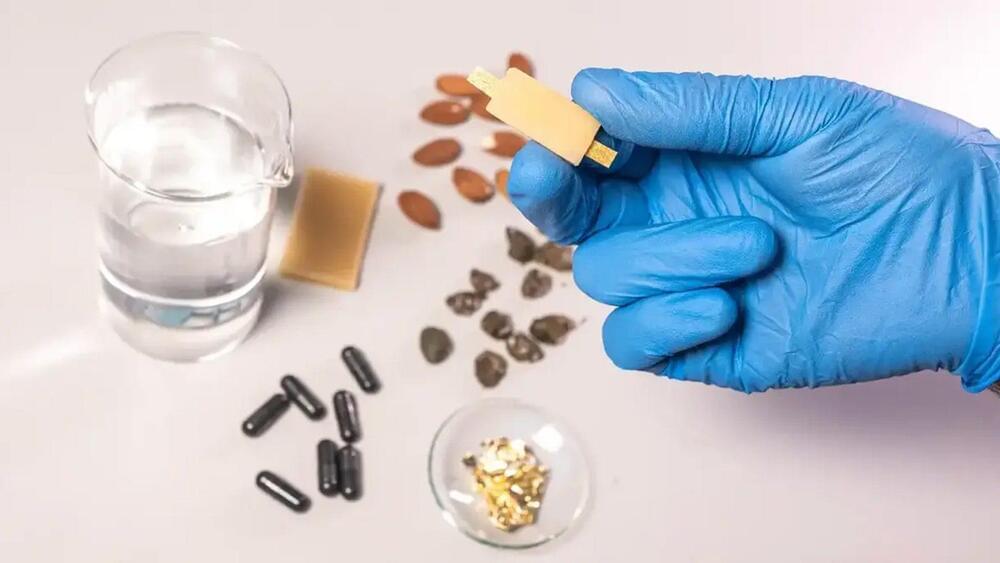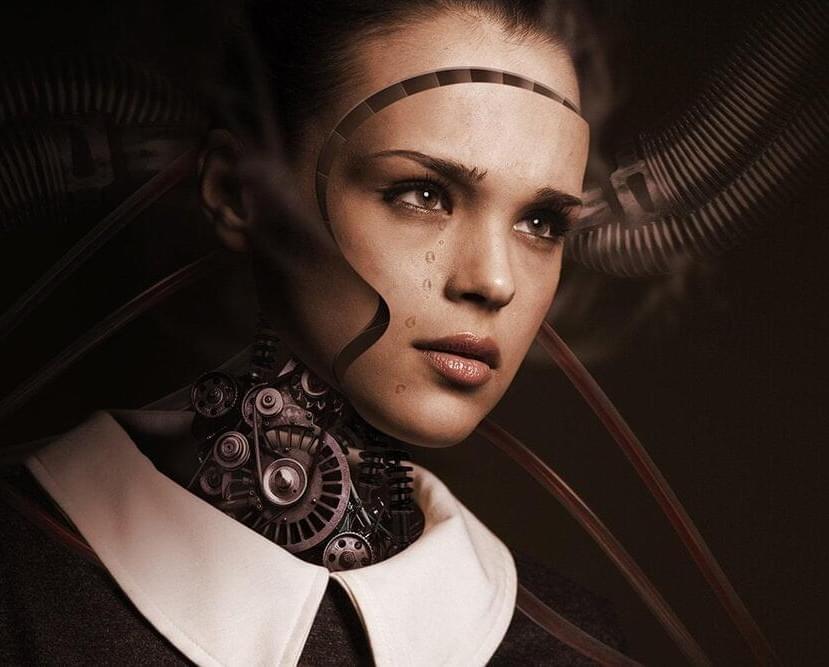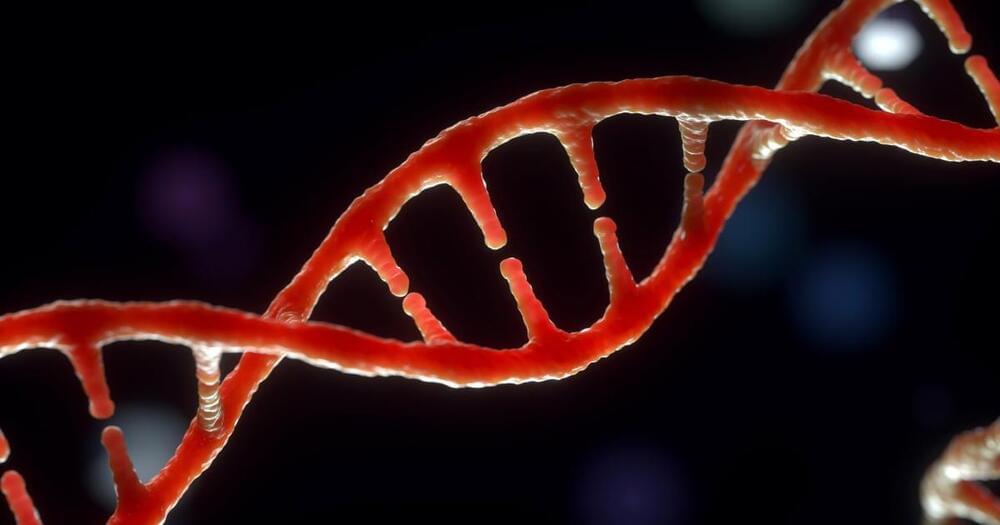May 1, 2023
2023 MIT Club of Boston BioSummit
Posted by Logan Thrasher Collins in categories: bioengineering, biotech/medical, food, life extension
https://www.youtube.com/watch?v=yQsmABOadtQ&t=6018s
It was an honor to speak at MIT’s Broad Institute about some of my past and present synthetic biology research on redesigning bacteria and viruses to act as delivery systems for biomedicine! Video recording is now available! Here is a link which should take you to 1:40:18 when my talk starts:[ ]. My talk was part of the inaugural MIT Biosummit (https://mitbiosummit.com/), a forward-looking conference which this year focused on tackling challenges at the interface of climate change and health sciences. #futureofmedicine #future #biotech #mit Thank you Ryan Robinson for helping to organize this conference and for giving your own excellent talk!
Recording of the MIT Club of Boston 2023 BioSummit: Human Health 2050 held at the Broad Institute on April 27, 2023. Note: Although the video is almost 6 hours long, you can rapidly navigate and skip to a particular speaker or session by scrubbing along the video timeline (in Chrome or Edge) or using the time markers listed below in blue (in all browsers). You can also use chapter browsing in the YouTube app on platforms where it is available.
